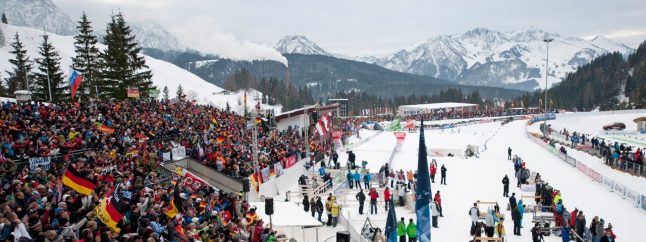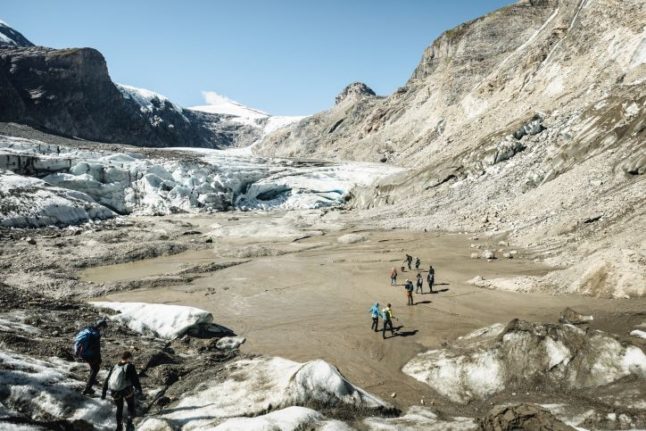Thirty police officers participated in the raid, Austrian authorities. They are now investigating doping violations and possible sports fraud under Austria’s criminal code.
“The police will do everything they can to clarify the issue of criminal liability,” Austria’s Interior Minister Wolfgang Sobotka said in a statement on Thursday.
Police were tipped off after a witness saw several small buses pull up at a petrol station last month in East Tyrol, and dump a large cardboard box containing syringes and other medical equipment, as well as handwritten records detailing doping plans.
The police were able to link the materials to Kazakhstan’s biathlon team, with help from Austria’s national anti-doping agency and the Department of Betting Fraud, Doping and Medical-Related Crime.
The Kazakh athletes were drug tested after the raid, providing urine and blood samples, biathlon officials said. However, they were cleared to compete in the opening event of the world championships, a mixed relay, on Thursday.



 Please whitelist us to continue reading.
Please whitelist us to continue reading.